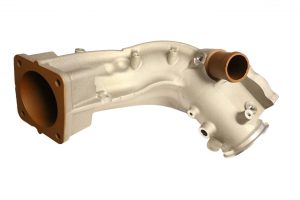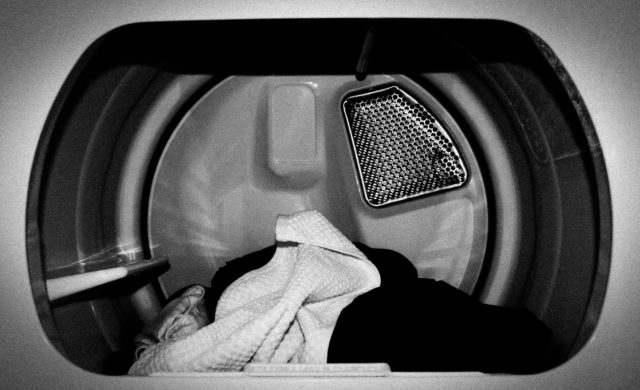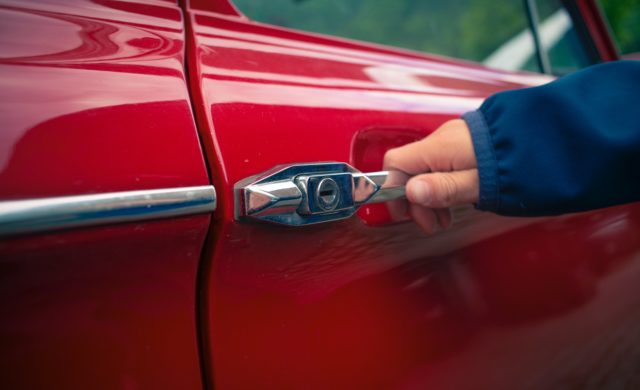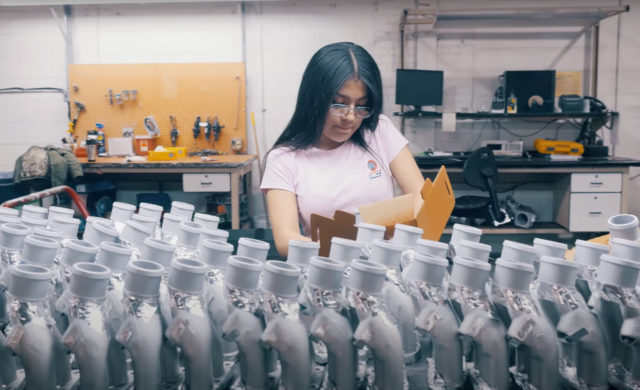Corrosion is one of the leading causes of component failure across all industries. In terms of functional coatings that offer corrosion protection, there are essentially two categories: sacrificial coatings and barrier coatings.
The type of corrosion being combated, as well as if there are additional performance criteria that the coating must achieve, will help determine which type of coating system you should use.
First, an explanation of the two categories:
Barrier coatings protect from corrosion by preventing external elements from penetrating to the substrate via a plastic resin layer. Every barrier coating contains at least a plastic resin protection layer while some have additional filler layers that offer differing functionality depending on the application requirement.
Sacrificial coatings contain certain elements, such as zinc or aluminum, which corrode sacrificially to ensure that the component’s substrate remains corrosion free. Because the coating corrodes instead of the component to which they are applied, the structural integrity of the substrate is maintained.
Barrier coatings combat many forms of corrosion, but are ideal for resisting chemical corrosion, even at elevated temperatures. Barrier coatings are typically fluoropolymer or phenolic based resin systems.
Fluoropolymer coatings are not only resistant to various forms of corrosion but are also designed with functionality in mind. For example, most fluoropolymers contain additional dry film lubricants, such as PTFE. Whitford’s Xylan series of coatings are a great example of functional coatings that operate in harsh environments.
Phenolic coatings are a higher bake barrier coating used to combat atmospheric and chemical corrosion but without the additional functionality. They must also be applied in thicker increments, which is why they are typically applied to much larger components such as large aluminum castings for diesel engines or rail cars and storage tanks that transport chemicals. Heresite Protective Coatings specializes in this type of resin system.

A mid-size aluminum cast valve for a diesel EGR system coated with a phenolic resin to prevent sulfuric corrosion
Sacrificial coatings are geared more towards combating atmospheric and/or galvanic corrosion, but they are typically resistant to most automotive fuels and fluids. These coatings would be of the zinc-flake variety from manufacturers like Magni or Doerken and can last over 1500 to 2000 hours in salt spray testing.
Although some zinc-flake topcoats have friction modifiers in them to meet a specific coefficient of friction for torque requirements, they do not have additional functionality other than corrosion protection. Ideal for small to midsize automotive components, sacrificial coatings typically outlast barrier coatings in terms of atmospheric corrosion while at thinner film thicknesses.
If you have corrosion issues of any type with a component, contact us today. We can help you determine the correct resin choice for your application.
Related Articles

Reduce Plastic Sticking with Dryer Panel Coatings
DECC SOLVES PROBLEM OF PLASTIC STICKING TO DRYER PANELS

Coatings for a Quiet Ride
As cars have gotten quieter and quieter over the years, auto makers have...

Dip Spin vs. Rack Spray – Why Not Both?
When it comes to the application of liquid-based functional coatings, there are two...

